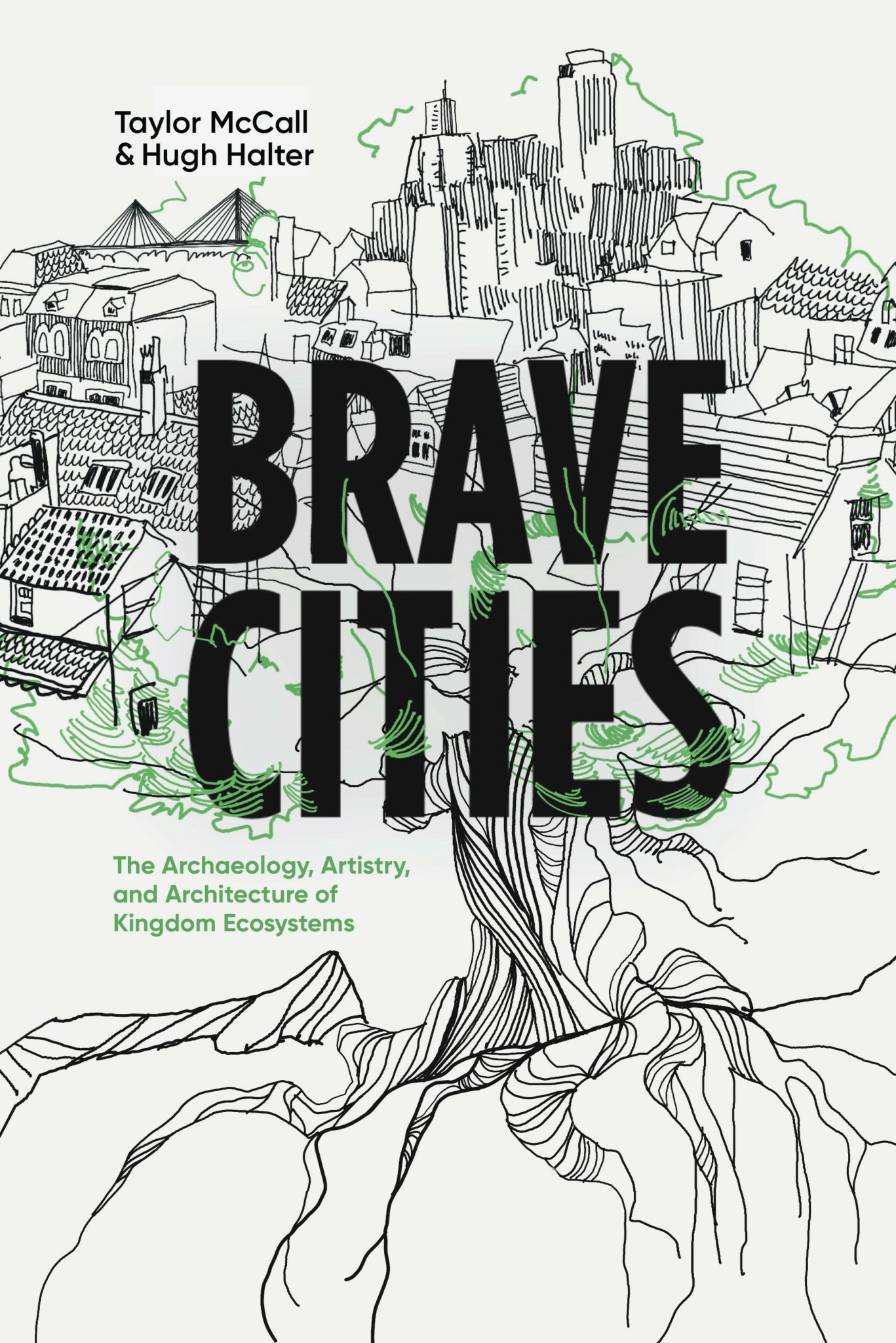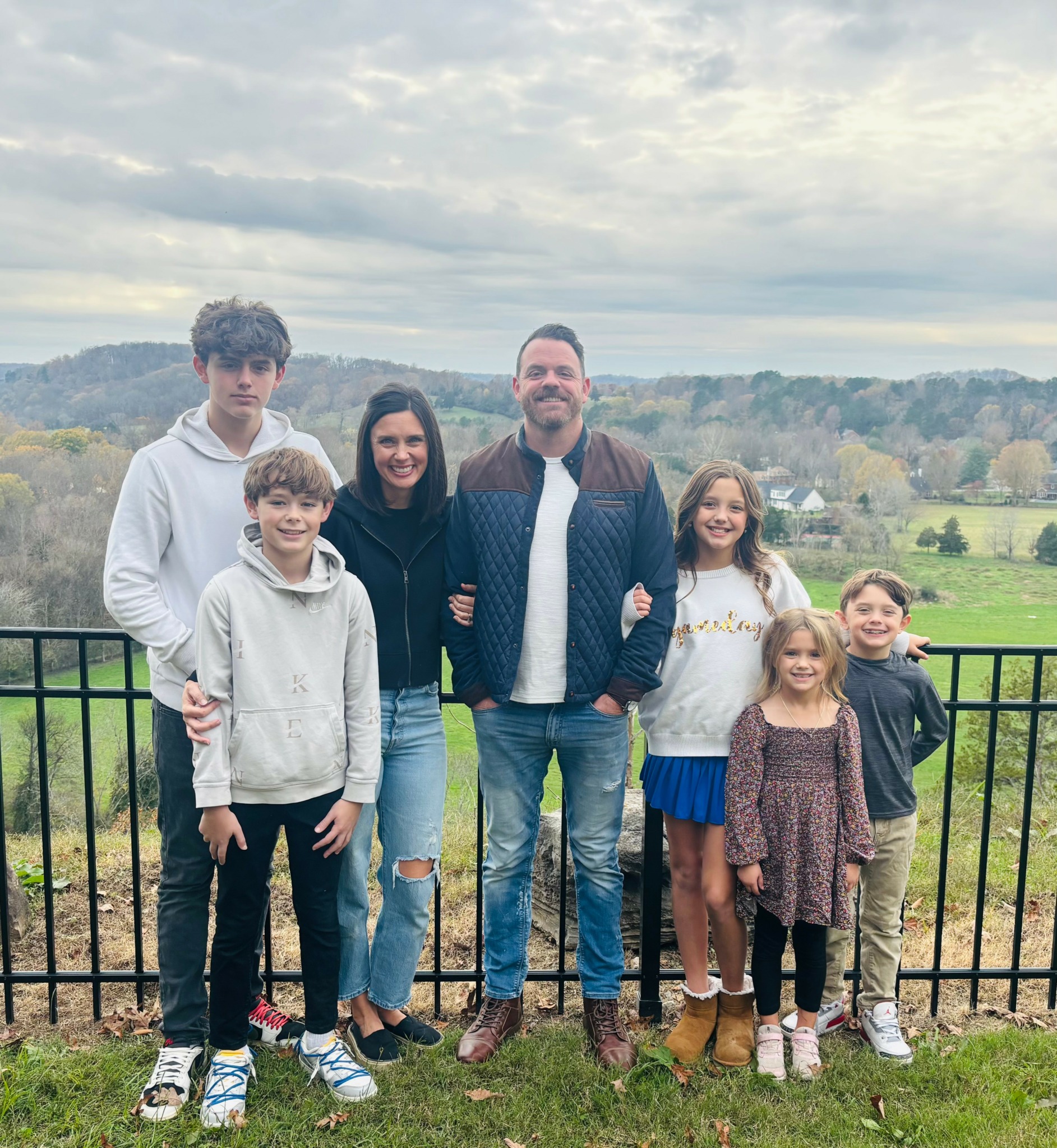We were lucky to catch up with Taylor McCall recently and have shared our conversation below.
Taylor, thanks for taking the time to share your stories with us today Let’s kick things off with your mission – what is it and what’s the story behind why it’s your mission?
Our company is more of an incubator of sorts. We have started multiple businesses as well as charitable works within our city that, in a sense, act as an interconnected network. Imagine both a decentralized and distributed web of good works within a local area, with a goal to tell good news through all aspects of life and living. Whether food, drink, housing, fitness, athletics, live music, night life, family centered spaces, education and so on … what makes our mission meaningful, is that we believe in the art of subtle subversion of entities and structures that are setup to limit the options of those who are stuck in a cycle of poverty both practically and mentally. Our goal is not to fix people or places, but simply to provide options of blessing and prosperity. We think those options are good news.

As always, we appreciate you sharing your insights and we’ve got a few more questions for you, but before we get to all of that can you take a minute to introduce yourself and give our readers some of your back background and context?
I came out of the full time vocational ministry world almost 20 years ago. Initially I just wanted to work in a HUD Housing style company to learn about housing and urban development. But quickly I learned that the problem of poverty was incredibly multi-faceted and complex. Good news expanded for me from being simply a message to a wholistic lifestyle. Instead of just an invitation into a faith or belief system it became an invitation into a hopeful life. This was, in my opinion the story that Jesus embodied. Hope in all aspects of life.
From there, we let the city or community tell us the needs. And this could take years sometimes. We call it the archeology phase. Whether we were living in a certain area or consulting others, it was imperative to listen and sniff and follow the so called “bread on the trail”.
Then we would begin to dream of what could bring hope to these spaces and places. We call this the artistry phase. I’m also a songwriter, and in songwriting this is when you just begin to hum melodies and free style lyrics. It’s a process of writing that brings authenticity to the song. It comes from a real place inside. From “the heart” as they say. Perhaps in spiritual language, it’s the process of lining up your heart with the heart of God for the city.
And without fail, new, innovative and relevant works would come out of that season. Businesses like cafes, gyms and barber shops that create a sense of community and connection. Or landscaping and house cleaning companies that offered men and women easy entry into gainful employment. Eventually leading to local business ownership where it didn’t previously exist. Also out of it would come community centers, spaces where the homeless could find a meal or warmth in the winter or after school mentoring and tutoring. And so on. This we call the architecture phase. And this is when you begin to see a better and more hopeful ecosystem forming tactically and tangibly.
Again, our goal was never to necessarily “solve problems” but rather provide options, hope and good news.
Has your business ever had a near-death moment? Would you mind sharing the story?
In the past 15 years, we’ve started over 25 small businesses just in the local spaces that my wife and I have lived. And helped incubate, coach and consult many others all over the country. We’ve had a few have to close the doors, and many near death experiences for sure. Having just enough for payroll is a common occurrence for many of our businesses and there are often times that others will thrive and be extremely financially successful. However, our metrics are different from that of a normal capitalistic framework. One of our primary questions we’re always asking is, “if we were to shut down tomorrow, would the city feel it”. Meaning, are we really making a difference and bringing good news to our communities.
One of those stories is of our local cafe in Alton, IL called The Post Commons. We had reached a point where we felt like someone could do a better job with the business than we were doing and we needed to sell and use the capital to try something new for the city. We had a vision in mind and knew it was going to take some significant startup funding. So we tested the market and found a buyer and went under contract. But then we were a little taken back by how the city responded. There was a bit of an outcry for us to not sell. We saw the impact this space had made on Alton, and the culture and economic climate it had provided. So long story short, the sell fell through, and actually within a couple of months we were able to raise the startup capital we needed anyway for the new project we’re working on.
There’s sort of two morals to this story. One is that we don’t hold too tightly to any business or entity. If it’s time to let it go, and better for the community, then we will. And we’ll continue to create and innovate as best we can. But two, that archeology phase that I mentioned earlier, that never stops. We’re always listening and taking into account what’s being said by the places and people we’re wanting to serve.
What’s a lesson you had to unlearn and what’s the backstory?
The biggest thing I’ve had to continually unlearn is the success metrics that most business owners, entrepreneurs and executive level leaders constantly tout all over social media and books and the like. These metrics will, inevitably turn people into projects and cause you as a leader to follow the money instead of your passion and purpose. Sure, we need capital and revenue to make things happen, but at the end of the day I’ve seen far more burnout from losing a sense of purpose and calling than from simply having to work hard because you know who you are and what you’re doing.
When we all got into this game, we knew we wanted to grind. But somewhere along the way, someone convinced us that we should be coasting, sitting poolside and simply telling other people how to grind. And if that’s your purpose and calling, then the world I’m talking about isn’t for you. Plain and simple. So unlearning those success metrics is a daily practice for me and my team.
Contact Info:
- Website: www.lanternnetworkalton.org or bravecities.com
- Instagram: brave_cities
- Youtube: @Brave_Cities


